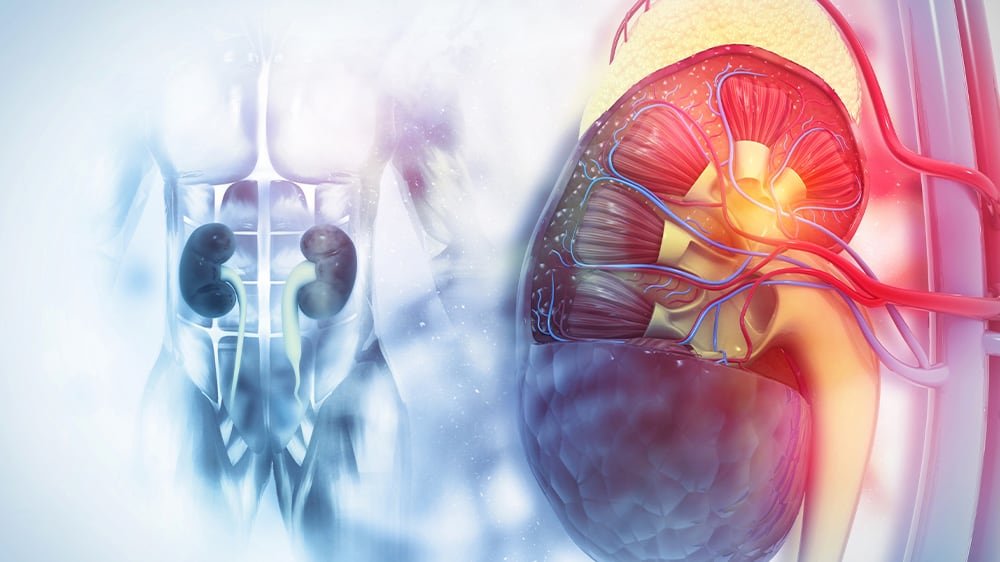Kidney disease, often termed chronic kidney disease (CKD), is a condition where your kidneys gradually lose their ability to filter waste and excess fluids from your blood effectively. Recognizing the early signs of kidney disease is crucial for timely diagnosis and treatment. Here are some common signs you may have kidney disease:
1. Fatigue and Weakness
Kidneys play a vital role in producing a hormone called erythropoietin (EPO), which helps in the production of red blood cells. When your kidneys are not functioning properly, they produce less EPO, leading to fewer red blood cells and causing anemia. This results in fatigue, weakness, and a general feeling of tiredness.
2. Swelling in Ankles, Feet, and Hands
Impaired kidney function can lead to sodium retention, causing swelling in your lower extremities and hands. This swelling, also known as edema, is a common symptom of kidney disease. If you notice persistent swelling, it’s essential to consult your doctor.
3. Changes in Urination
Changes in urination patterns can be an early sign of kidney disease. These changes may include:
- Increased frequency: Needing to urinate more often, especially at night.
- Foamy urine: Excessive bubbles in the urine, which may indicate protein in the urine.
- Dark or blood-stained urine: Urine that is darker than usual or contains blood.
- Difficulty urinating: Feeling pressure or having trouble starting to urinate.
4. Shortness of Breath
Kidney disease can lead to fluid buildup in the lungs, causing shortness of breath. Anemia, a common complication of kidney disease, can also contribute to this symptom. If you experience unexplained shortness of breath, it’s important to seek medical attention.
5. Persistent Itching
Kidneys help remove waste from the bloodstream. When they are not functioning correctly, waste can build up in the blood, leading to severe itching. This persistent itching, often felt deep under the skin, can be a sign of advanced kidney disease.
6. Nausea and Vomiting
Accumulation of waste products in the body due to impaired kidney function can cause nausea and vomiting. These symptoms are often accompanied by a loss of appetite and weight loss.
7. High Blood Pressure
Healthy kidneys help regulate blood pressure by managing the balance of salt and fluid in the body. When the kidneys are damaged, they struggle to maintain this balance, leading to high blood pressure. High blood pressure is both a cause and a result of kidney disease, creating a vicious cycle.
8. Metallic Taste in Mouth and Bad Breath
A buildup of waste products in the blood (uremia) can lead to a metallic taste in the mouth and bad breath. This symptom is often described as having a “chemical” or “metallic” taste and can affect the enjoyment of food.
9. Difficulty Concentrating and Dizziness
Anemia related to kidney disease can deprive your brain of oxygen, leading to difficulty concentrating, dizziness, and memory problems. These cognitive issues can significantly impact daily life and should not be ignored.
10. Muscle Cramps and Twitching
Electrolyte imbalances, such as low calcium levels and poorly controlled phosphorus, are common in kidney disease. These imbalances can cause muscle cramps, twitches, and spasms.
Conclusion
Kidney disease often goes unnoticed until it reaches an advanced stage. Early detection and treatment are crucial to slow the progression of the disease and prevent complications. If you experience any of these symptoms persistently, it’s important to consult with a healthcare professional for proper evaluation and diagnosis.
Remember: This blog provides general information and is not a substitute for professional medical advice. Always consult your doctor for any health concerns or symptoms you may be experiencing.

